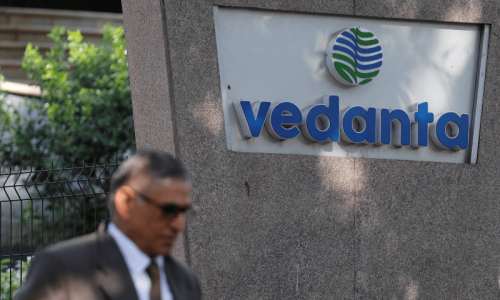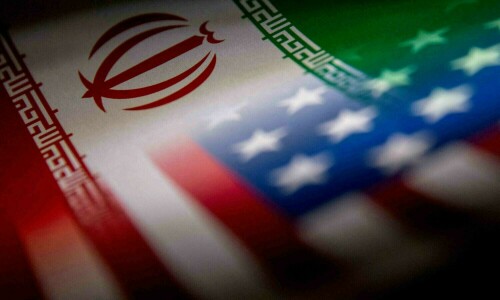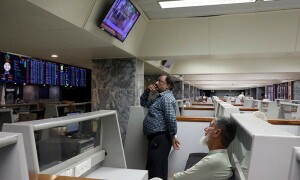Tech giant Apple chartered cargo flights to ferry 600 tons of iPhones, or as many as 1.5 million, to the United States from India, after it stepped up production there in an effort to beat President Donald Trump’s tariffs, sources told Reuters.
The details of the push provide an insight into the US smartphone company’s private strategy to navigate around the Trump tariffs and build up inventory of its popular iPhones in the US, one of its biggest markets.
Analysts have warned that US prices of iPhones could surge given Apple’s high reliance on imports from China, the main manufacturing hub of the devices, which is subject to Trump’s highest tariff rate of 125pc.
That figure is far in excess of the tariff of 26pc on imports from India, but which is now on hold after Trump called a 90-day pause this week that excludes China.
Apple “wanted to beat the tariff,” said one of the sources familiar with the planning.
The company lobbied Indian airport authorities to cut to six hours the time needed to clear customs at the Chennai airport in the southern state of Tamil Nadu, down from 30 hours, the source added.
The so-called “green corridor” arrangement at the airport in the Indian manufacturing hub emulated a model Apple uses at some airports in China, the source said.
About six cargo jets with a capacity of 100 tons each have flown out since March, one of them this week just as new tariffs kicked in, the source and an Indian government official said.
The packaged weight of an iPhone 14 and its charging cable come to about 350 grams, Reuters measurements show, implying the total cargo of 600 tons comprised about 1.5 million iPhones, after accounting for some packaging weight.
Apple and India’s aviation ministry did not respond to a request for comment. All the sources sought anonymity as the strategy and discussions were private.
Apple sells more than 220 million iPhones a year worldwide, with Counterpoint Research estimating a fifth of total iPhone imports to the United States now come from India, and the rest from China.
Trump consistently increased US tariffs on China, to stand at 125pc by Wednesday, from 54pc earlier.
At the 54pc tariff rate, the $1,599 cost of the top-end iPhone 16 Pro Max in the United States would have surged to $2,300, calculations based on projections by Rosenblatt Securities show.
Sunday shifts
In India, Apple stepped up air shipments to meet its goal of a 20pc increase in usual production at iPhone plants, attained by adding workers, and temporarily extending operations at the biggest Foxconn India factory to Sundays, the source added.
Two other direct sources confirmed the Foxconn plant in Chennai now runs on Sundays, which is typically a holiday. The plant turned out 20 million iPhones last year, including the latest iPhone 15 and 16 models.
As Apple diversifies its manufacturing beyond China, it has positioned India for a critical role. Foxconn and Tata, its two main suppliers there, have three factories in all, with two more being built.
Apple spent about eight months to plan and set up the expedited customs clearance in Chennai, and Prime Minister Narendra Modi’s government asked officials to support Apple, one senior Indian official said.















































